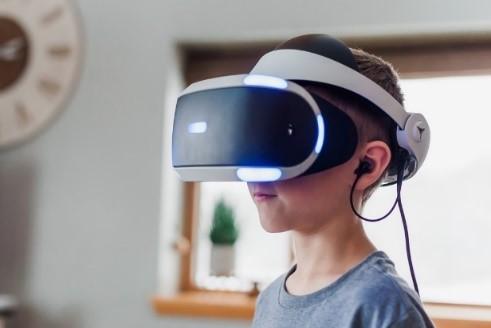
The COVID-19 pandemic has brought tourism to a stop. To stay relevant and support the tourism industry, stakeholders involved in the sector are exploring options around Industry 4.0, including automation and data exchange in manufacturing technologies. This includes cyber-physical systems, the Internet of Things (IoT) and cloud computing.
Slovenia is a leading partner in the transformation to Tourism 4.0. By using innovative co-creation and technologies from Industry 4.0, Slovenia aims to change the perception of tourism and the business sector around it. Tourism 4.0 is about shifting from a tourist-centred perspective to a tourism-centred perspective. This is done by involving local inhabitants, local authorities, tourists, services providers, and governments to create a tourism experience that is both physical and digital.
Through research and by doing projects on validation of technologies, the new perception of tourism can be researched. In Slovenia, the Tourism 4.0 Living Lab is the first demo pilot project to bring the potential of Tourism 4.0 to the living world. Here, research is performed to determine in what ways virtual reality can help potential visitors decide which destination they should go to, and augmented reality can be used to add an extra experience to a historic place. The combination of external data, like information on the weather forecasts, is being researched to plan and book a trip with the preferred weather conditions being taken into consideration.
Currently, Tourism 4.0 faces several challenges. This includes its dependency on the readiness level of the target group in terms of skills, processes, trust and interest. These issues commonly arise in the marketing of new concepts but need to be overcome before the new paradigm can become a success.
The Advanced Technology for Industry (ATI) project has published in the past multiple reports on Industry 4.0 and its impact on several sectors, such as the aeronautics industry and the agricultural industry. The reports provide detailed outcomes of implementing Industry 4.0 by using Artificial Intelligence (AI), IoT, cloud computing and augmented and virtual reality. For more information, consult the ATI project website.
